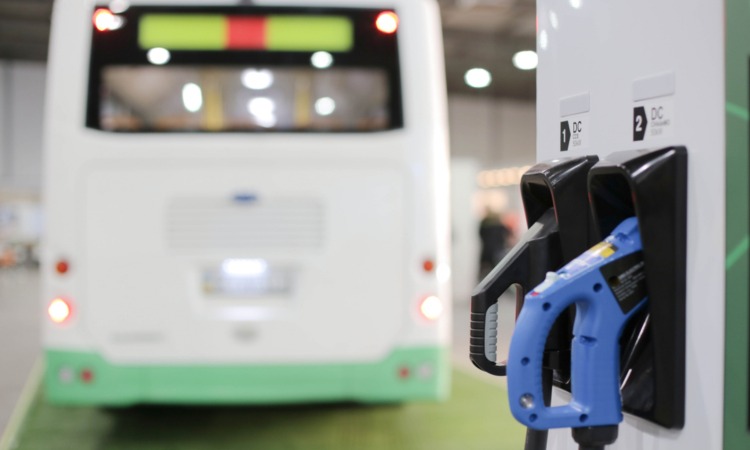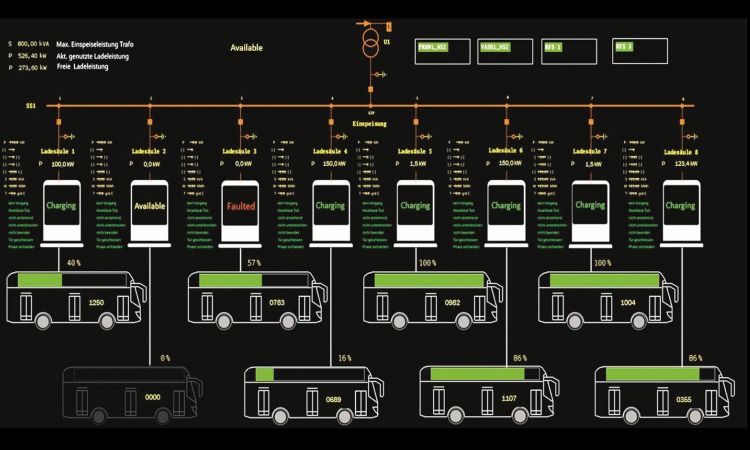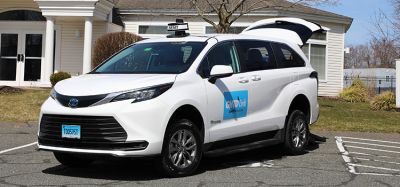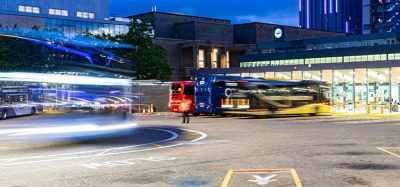De Lijn invests in intelligent charging and depot management software
- Like
- Digg
- Del
- Tumblr
- VKontakte
- Buffer
- Love This
- Odnoklassniki
- Meneame
- Blogger
- Amazon
- Yahoo Mail
- Gmail
- AOL
- Newsvine
- HackerNews
- Evernote
- MySpace
- Mail.ru
- Viadeo
- Line
- Comments
- Yummly
- SMS
- Viber
- Telegram
- Subscribe
- Skype
- Facebook Messenger
- Kakao
- LiveJournal
- Yammer
- Edgar
- Fintel
- Mix
- Instapaper
- Copy Link
Posted: 12 July 2022 | Intelligent Transport | No comments yet
In line with its commitment to provide emission free public transport by 2035, De Lijn’s new integrated charging and depot management software will support the electrification of its bus fleet.


De Lijn has announced that its Board of Directors has approved the allocation of an integrated charging and depot management system to German supplier PSI eBus for De Lijn, which is linked with PSI Group. This software package will play a crucial role in the company’s fleet renewal, as it will steer the electric buses’ charging processes and all movements of all buses in its depots. The contract value is € 11.2 million.
Against the framework of a sustainable Flanders, De Lijn will offer fully emission free public transport by 2035, which means that about 2,100 buses and more than 50 depots under De Lijn’s own control need to be electrified.
The strong price increase of electricity over the last year underlines the importance of optimising electric bus charging processes. Furthermore, Flanders will be moving towards a new price calculation method based on peak usage and the time of day when electricity is taken from the network. De Lijn has the advantage that its buses will be charged overnight, when electricity prices are at their lowest.
In addition, lower peak consumption will enable a reduction of the electricity grid connection cost. This is especially true at the company’s larger depots, where 100 or more electric buses need to be charged, thus efficient manual charging methods are near impossible to manage.


Credit: De Lijn – Electric bus charging process
“The software package that has been approved by the board is of crucial importance to ensure that the e-buses can take to the road and can be charged at the De Lijn depots,” said Lydia Peeters, Mobility and Public Works Minister. “The system determine at the end of each day which task it will be allocated the next day. This trip order enables the system to direct each e-bus to correct parking position, so that they can leave the depot in the correct order the next morning. The Board of Directors’ approval bring a step closer to implementing our sustainability targets.”
The software will manage the entire charging process as cost efficiently as possible,
starting from the state of charge (SOC) on arrival and taking in account the next day’s battery requirements. The automated charging process will be initiated as soon as the driver connects the CCS2-plug at the right parking bay.
“Fleet electrification is more than buying buses – background systems are equally vital for success,” said Minister Peeters. “De Lijn is avoiding this trap by investing in absolutely necessary software if we want to offer high quality emission free public transport by 2035.”
If you liked this, you may also be interested in:
▶ Ireland’s MetroLink rail project takes next step following Cabinet agreement
▶ MTA tests technologies to modernise NYC subway’s signalling system
Related topics
Air Quality, Alternative Power, Fleet Management & Maintenance, Intelligent Transport Systems (ITS), Public Transport, Sustainable Urban Transport
Related modes
Bus & Coach
Related countries
Belgium
Related organisations
De Lijn
Related people
Lydia Peeters








